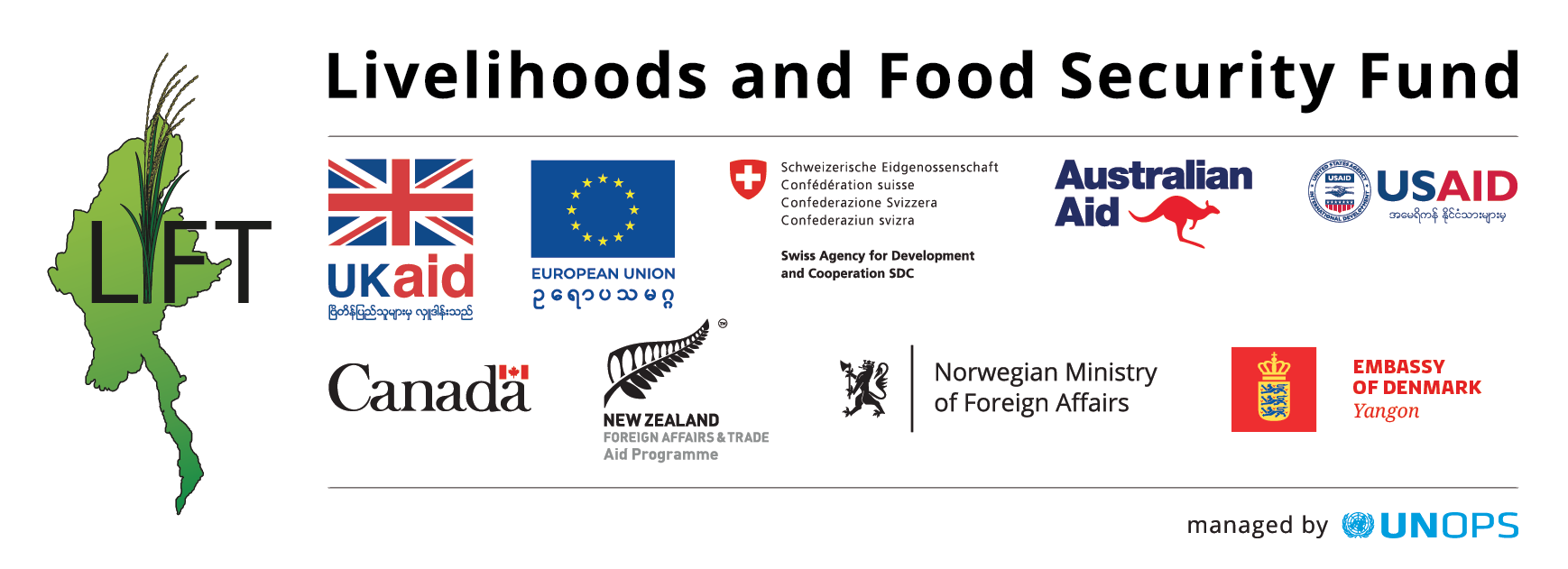
The study is conducted by the Wageningen Univesity, as part of the Rice Seed Sector Development project.
Supported by Livelihoods and Food Security Fund, the project is coordinated by a consortium of Welthungerhilfe (WHH) and Wageningen University & Research (WUR)-Wageningen Centre for Development Innovation (WCDI), with support from the associate technical partners Myanmar Rice Federation (MRF), Resilience B.V. and Mukushi Seeds.
The study has explored a set of learning questions such as:
- How effective is EGS in meeting the expected market demand for Registered Seed (RS)?
- Have the key criteria selected for identifying key seed companies and producers been appropriate for selecting sustainable enterprises and farmers?
- Is the seed quality assurance system employed by the project (Participatory Guarantee System - PGS) appropriate, useful and acceptable for both seed farmers and enterprises and does it also provides a sustainable solution? And if not, what are the reasons and what could be possible alternatives?
- How effective and sustainable is the Ayerwaddy Seed Platform?
- Are the means of media employed by the project appropriate, effective and sustainable in sharing and dissemination of the project results within the seed sector leading to further upscaling?
- How effective is the project in providing value for money in the rice seed sector?
- To what extent has the project contributed to a more gender-inclusive approach?
- Is the seed investment system effective and sustainable for government farms and what is its upscaling potential?
Thematic Area:
Agriculture
Approaches:
Climate Resilience, Gender Equality, Private Sector Partnerships
Type of Publication:
Partner Publications
Year:
2020


